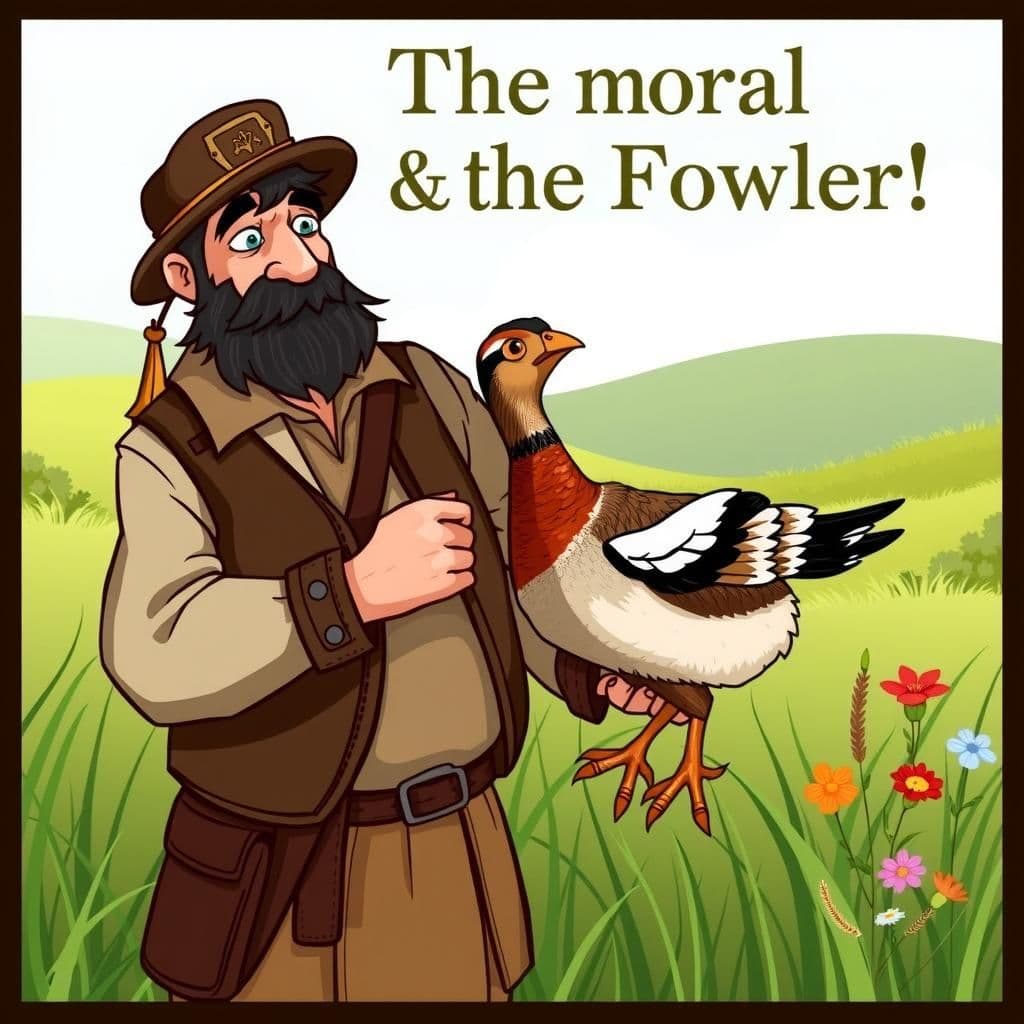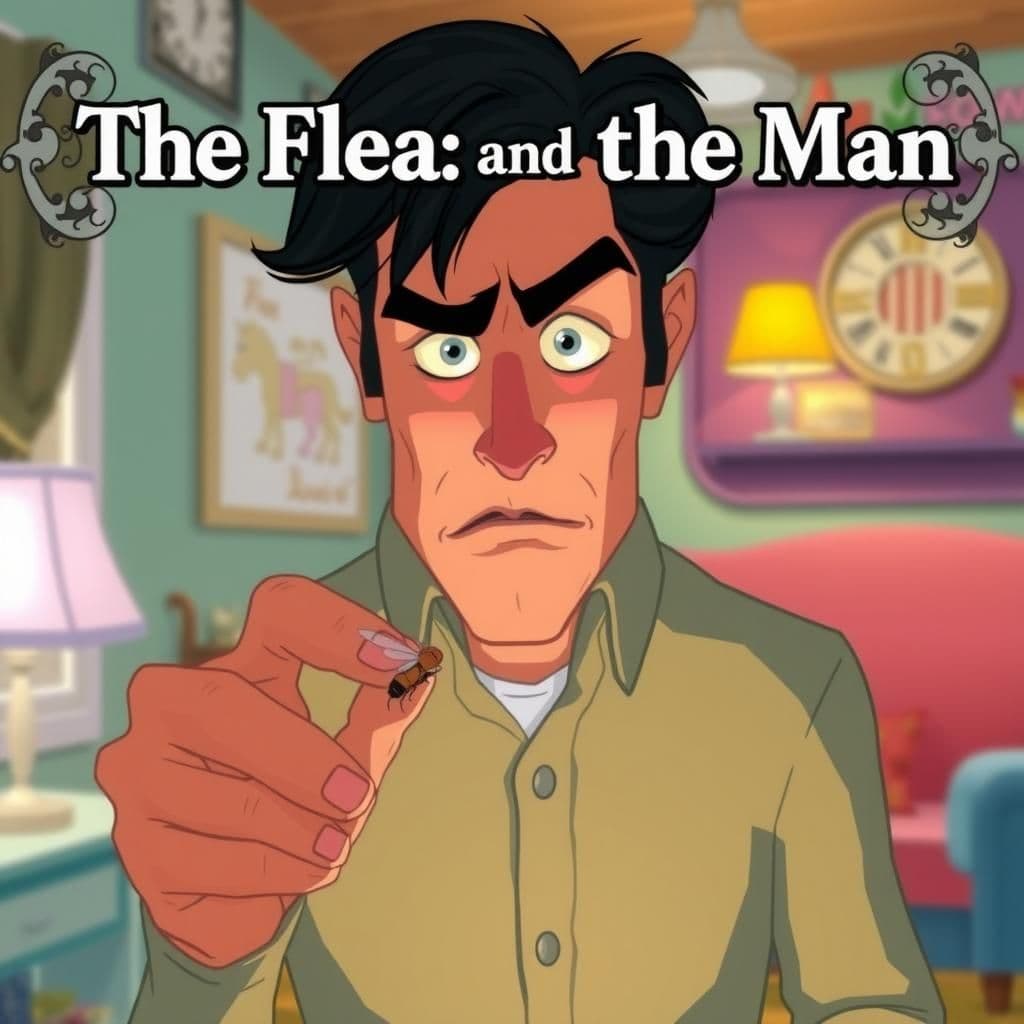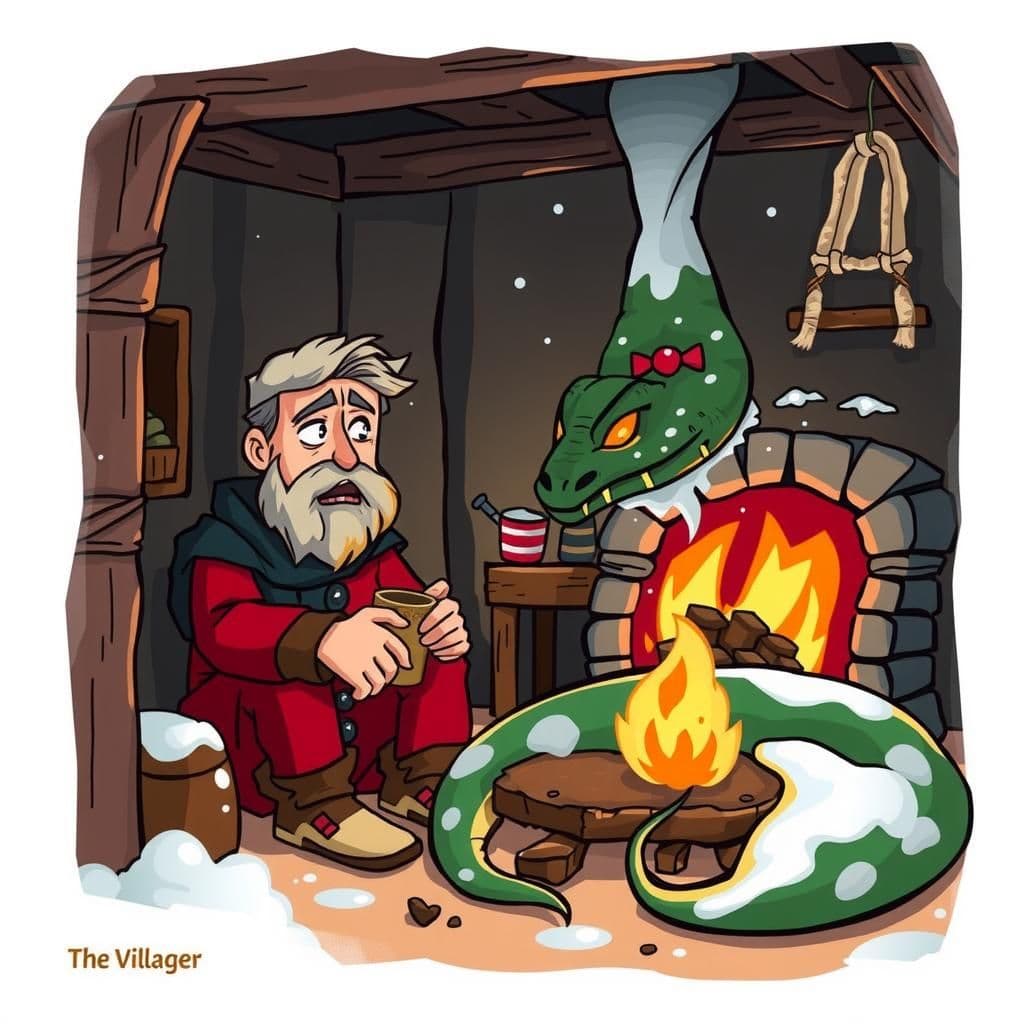The Partridge and the Fowler
In "The Partridge and the Fowler," a fowler captures a partridge and contemplates killing it. The partridge pleads for its life, promising to lure more partridges to the fowler, but the fowler decides against mercy, deeming the partridge untrustworthy for its willingness to betray its fellow birds. This culturally significant moral story serves as a meaningful fable with a lesson about loyalty and trust.

Reveal Moral
"Betraying others for personal gain can lead to one's own downfall."
You May Also Like

The Wild Ass and the Lion
In "The Wild Ass and the Lion," a Wild Ass and a Lion join forces to hunt in the forest, blending the Lion's strength with the Wild Ass's speed. However, after their successful hunt, the Lion claims the lion's share, asserting his dominance and threatening the Wild Ass, illustrating the life-changing moral that in the animal kingdom, "might makes right." This short and sweet moral story serves as a powerful reminder of how power dynamics shape fairness, making it one of the top 10 moral stories for children.

The Flea and the Man
In the well-known moral story "The Flea and the Man," a man, exasperated by a flea's incessant biting, captures it and confronts its plea for mercy. The flea argues that its harm is minimal, but the man, finding humor in the situation, decides to kill it, asserting that no wrongdoing, regardless of its size, should be tolerated. This short story with moral serves as a humorous reminder that even the smallest offenses deserve acknowledgment and action.

The Villager and the Serpent
In "The Villager and the Serpent," a kind but naive peasant saves a frozen serpent, only to be betrayed and attacked once the creature is revived. This tale serves as an educational moral story, illustrating the dangers of showing kindness to ingrates, and highlights the importance of discernment in acts of charity. With its life-changing moral lesson, it stands as a quick read story that encourages personal growth through understanding the consequences of misplaced trust.